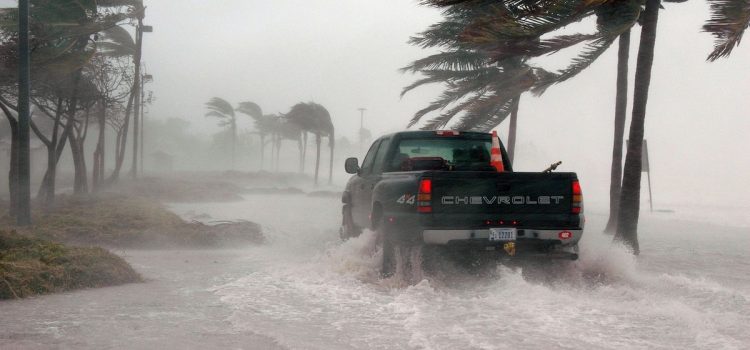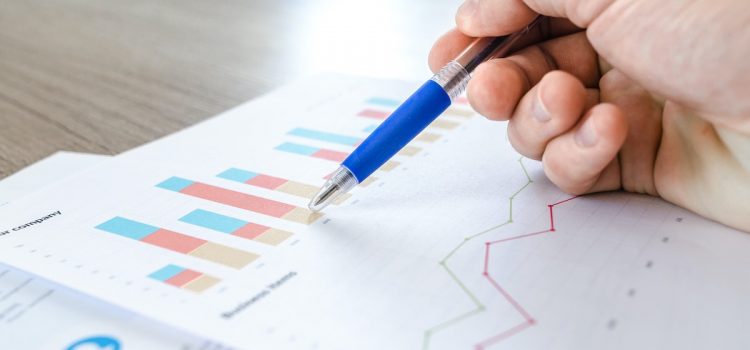Do both sides of an argument warrant the same amount of consideration? What’s the difference between correlation and causation? You’ve probably experienced this: You hear something that sounds great. But, when you think it through, it doesn’t make a whole lot of sense. A fallacy could be to blame. The more you know about fallacies, the better you’ll be able to evaluate information and arguments. Continue reading for a brief overview of three different types of fallacies.
3 Different Types of Fallacies: Sharpen Your Reasoning










